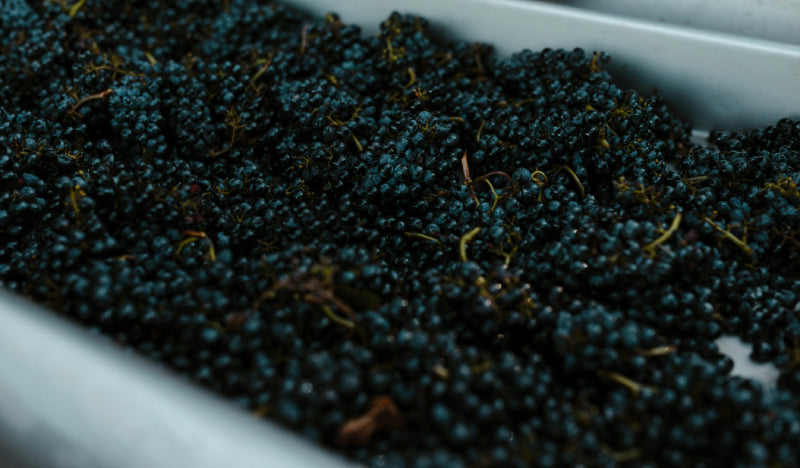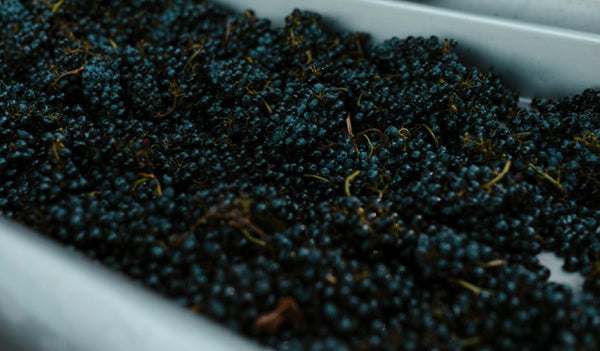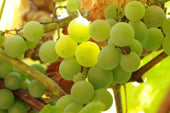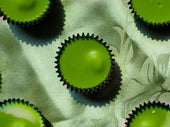
What is Natural Wine?

In the world of wine, there's a term that's been buzzing around lately: natural wine. But what exactly is natural wine, and what sets it apart from its conventional counterparts?
What is Natural Wine?
Natural wine is like the rebel of the wine world—it's unfiltered, unrefined, and unapologetically authentic. Unlike conventional wines, which may contain additives and undergo heavy processing, natural wine is made with minimal intervention. It's all about letting nature take the wheel and allowing the grapes to express themselves fully.
How is Natural Wine Different?
The key difference lies in the winemaking process. Natural winemakers avoid the use of additives such as sulfites, commercial yeasts, and fining agents. Instead, they rely on wild yeasts, native to the vineyard, to ferment the grapes. This hands-off approach results in wines that are alive with character and reflect the unique terroir of the vineyard.
How is Natural Wine Made?
Natural wine is made using grapes grown organically or biodynamically. Once harvested, the grapes are fermented with minimal intervention, often in clay amphorae or old oak barrels. The resulting wine is typically unfiltered and may have a slightly cloudy appearance, a testament to its natural origins.
Are Organic Wines the Same?
While organic wines share some similarities with natural wines, they're not quite the same. Organic wines are made from grapes grown without synthetic pesticides or fertilizers, but they may still contain additives and undergo more conventional winemaking practices.
Popular Natural Wine Makers

One of the most popular natural wine producers is Bodega Santa Julia from Mendoza, Argentina. The Bodega Santa Julia El Burro Malbec, "La Oveja" Blanco and La Vaquita Malbec Red Blend are some of their popular natural wine offerings.
How to Store Natural Wines
Storing natural wines is similar to storing conventional wines. Keep them in a cool, dark place away from direct sunlight and temperature fluctuations. While some natural wines may benefit from aging, others are best enjoyed young and fresh.
Do Natural Wines Contain Sulfites?
One of the most common misconceptions about natural wine is that it's sulfite-free. While natural winemakers aim to minimize the use of sulfites, small amounts may still be present, as they occur naturally during fermentation. However, the sulfite levels in natural wines are typically lower than in conventional wines.
Natural wine is more than just a beverage, it's a philosophy, a way of life. It's about reconnecting with the land, honoring tradition, and embracing the beauty of imperfection. So, the next time you're craving a glass of wine, consider reaching for a bottle of natural wine. You'll not only be supporting small-scale producers and sustainable practices but also treating your taste buds to a truly unique experience, wine as nature intended.
Contributed by Ray Ibanez, E-Commerce Manager for Plume Ridge Bottle Shop.


















































